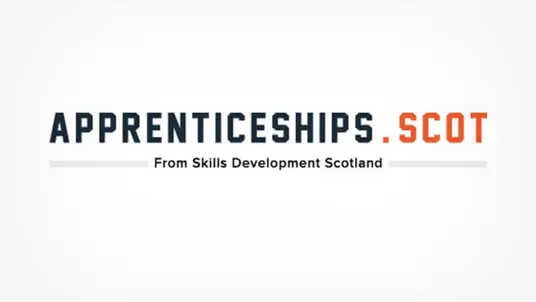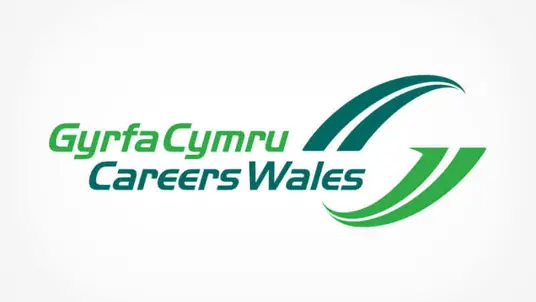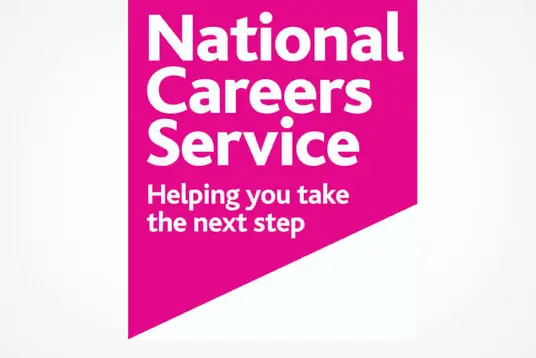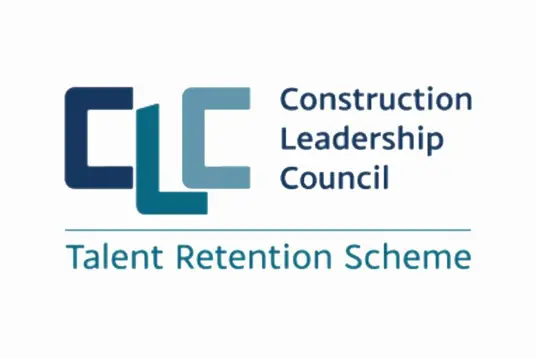How to become a concrete finisher
While there are no formal qualifications needed to become a concrete finisher, there are several routes you could take to help you pursue this career. You could complete a college course or an apprenticeship or apply directly to an employer for work.
You should explore these routes to becoming a concrete finisher, to find out which is the right one for you. Although some of these options have certain qualification requirements, many employers are more interested in people who are enthusiastic, willing to learn and can follow instructions.
You may need a Construction Skills Certification Scheme (CSCS) card to work on a construction site.
College
To become a concrete finisher, it would be beneficial to have up to 5 GCSEs (or equivalent) in maths and English, at grade 4 or above.
Apprenticeship
You could complete a construction apprenticeship to help you become a concrete finisher.
Apprenticeships in construction and the built environment, or engineering will provide you with the necessary qualifications to begin working in this field and open up opportunities to specialise in concrete finishing.
Apprenticeships are open to anyone over the age of 16. As an apprentice, you will be fully employed by your company and expected to work a minimum of 30 hours a week. Your time will be split between on-the-job experience and a college or training provider.
Work
If you have previous experience as a labourer, you could apply for work in a construction company in order to develop your skills. Your employer may offer training to help you specialise and become a concrete finisher.
Work experience
Work experience is essential to gaining employment within the construction industry. You could gain this at school, or by working weekends and holidays with a company or relative who works as a concrete finisher. Potential employers will always be pleased to see work experience listed on your CV.
Skills
Ideal skills for a concrete finisher include:
- Knowledge of working with concrete
- Good level of physical fitness
- Practical skills to operate power tools and machinery
- Ability to read and interpret technical drawings and plans.







